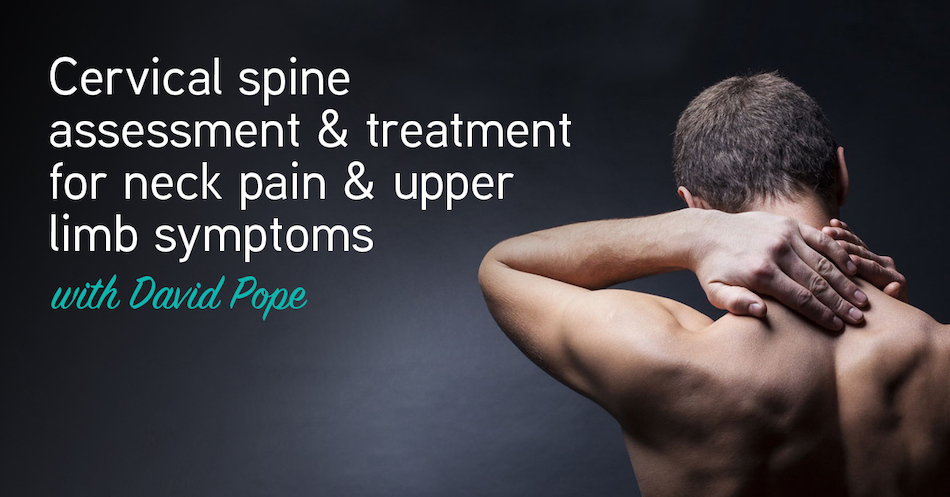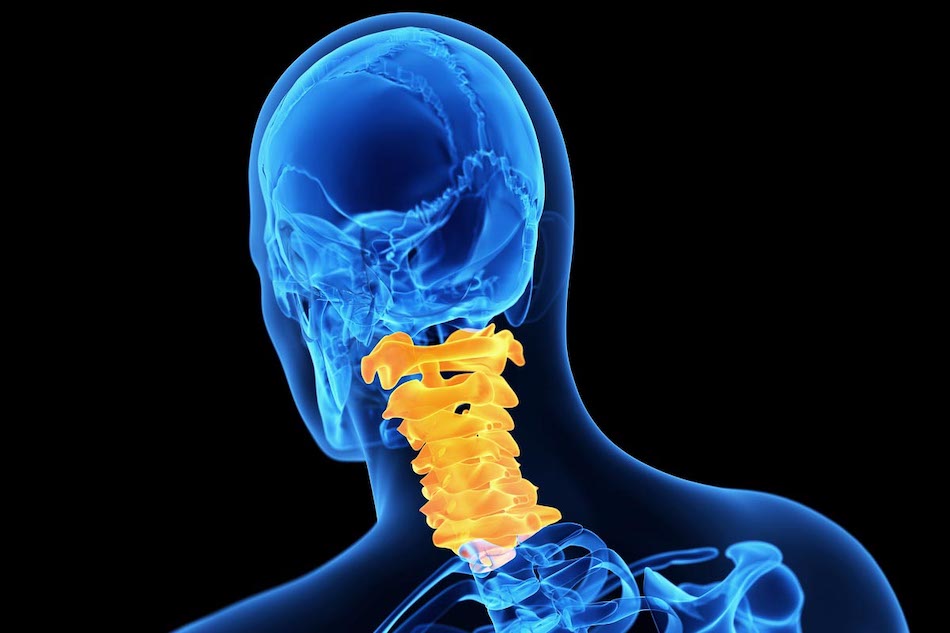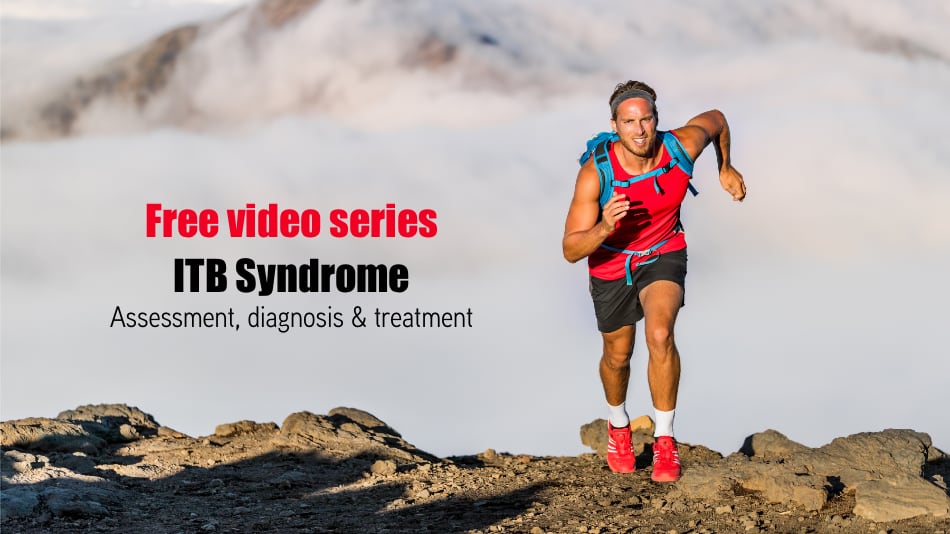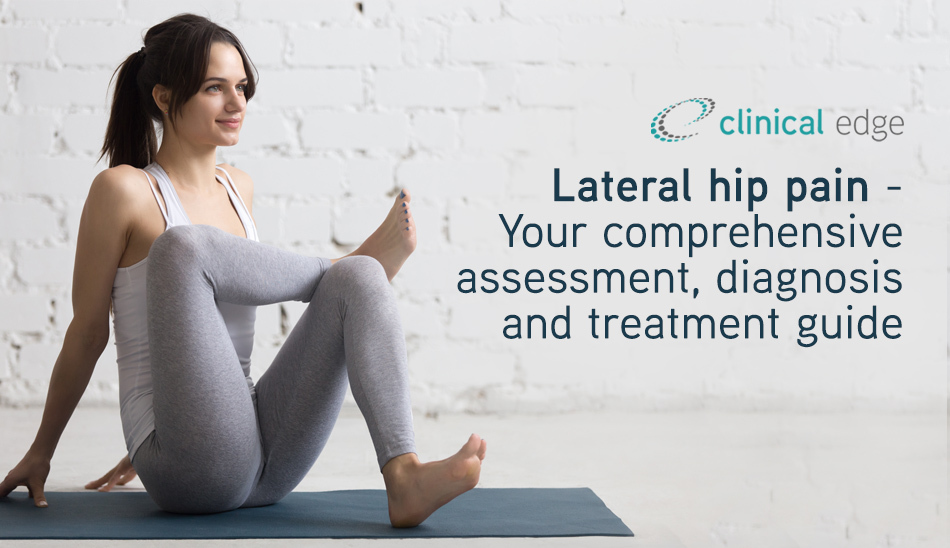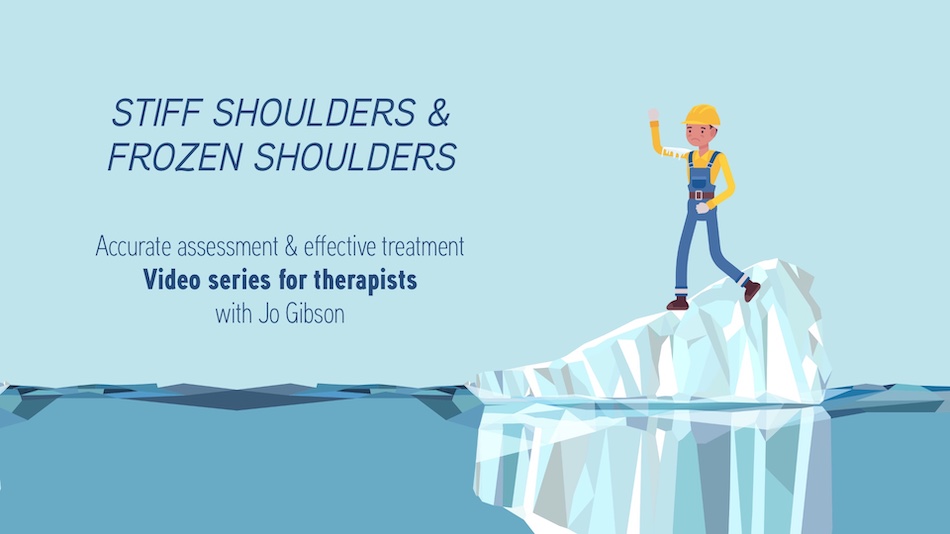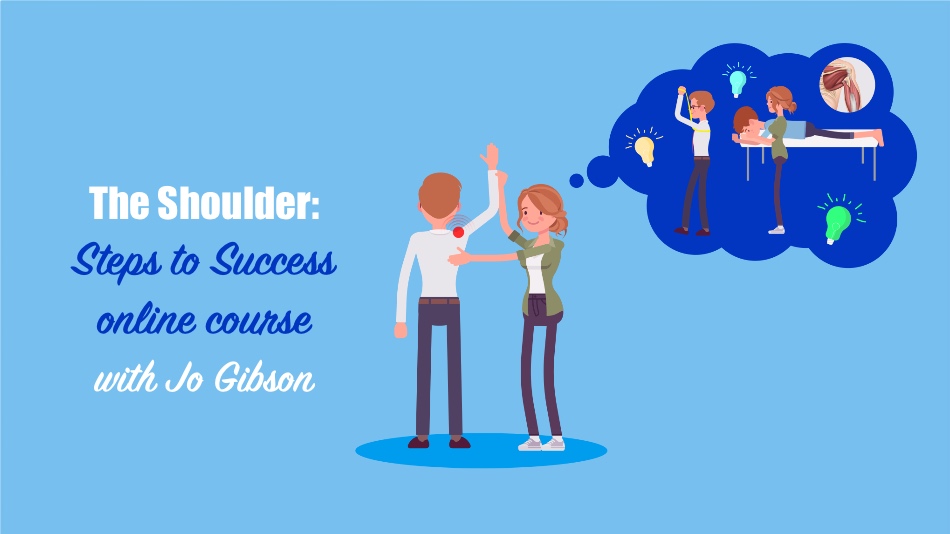Thu, 26 August 2021
How can you thoroughly assess your neck pain patients, and use the information from your assessment to guide your treatment? What treatments are effective in helping patients overcome their neck pain? In the first podcast with Specialist Musculoskeletal Physiotherapist, researcher and Emeritus Prof. Gwen Jull 121. Neck pain assessment, clinical reasoning & rehab. Physio Edge podcast with Prof Gwendolen Jull, we discussed questions to ask during your subjective history that help guide your neck pain assessment and clinical reasoning. In this followup podcast, discover how to accurately assess and effectively treat neck pain with Emeritus Prof. Gwen Jull, including: Objective examination (OE)
Treatment
CLICK HERE to get access to Cervical radiculopathy assessment & treatment case study Links associated with this episode:
Direct download: 130._Neck_pain_objective_assessment__treatment_part_2_with_Prof._Gwendolen_Jull.mp3
Category:general -- posted at: 12:05pm AEST |
Wed, 18 August 2021
When patients have a running injury, such as knee pain or Achilles tendinopathy, do we need to include strength training in their rehab? Discover when strength training is an important part of comprehensive running injury rehab in this podcast with Tom Goom (Running Physio), and explore:
Improve running injury assessment & treatment now with the Running Repairs Online course with Tom Goom at clinicaledge.co/runningrepairs Your comprehensive guide to ITB assessment & treatment with Tom GoomIf you treat runners, walkers, cyclists or rowers you'll regularly see patients with lateral knee pain from an irritated iliotibial band (ITB). What causes ITB syndrome? How can you assess, diagnose and successfully treat it?
CLICK HERE to get immediate access to this free ITB video series with Tom Goom. Lateral hip pain assessment, diagnosis & treatment video seriesTo improve your lateral hip pain assessment, diagnosis & treatment skills, CLICK HERE for your access to 3 free videos presented by Tom Goom Improve running injury assessment & treatment now with the Running Repairs Online course with Tom Goom at clinicaledge.co/runningrepairs Links associated with this episode:
Direct download: 129._How_important_is_strength_in_running_injury_Physio_Edge_Track_record_-_Running_repairs_podcast_with_Tom_Goom.mp3
Category:general -- posted at: 12:02pm AEST |
Tue, 17 August 2021
Patients may develop stiffness following rotator cuff repair or other shoulder surgery, particularly with longer periods of immobilisation. On the other hand, some patients may fail rehab without sufficient immobilisation. How can you identify which patients are likely to develop stiffness and will benefit from early mobilisation? Find out in this podcast with Jo Gibson (Clinical Physiotherapy Specialist), and discover:
Free video series “Frozen shoulder assessment & treatment” with Jo GibsonShoulder: Steps to Success online course with Jo GibsonImprove your assessment and treatment of shoulder pain with the Shoulder: Steps to Success online course with Jo Gibson, now available for enrolment at clinicaledge.co/shouldersuccess Links associated with this episode:
Direct download: 128._Postoperative_shoulders_-_can_we_predict_who_gets_stiff_Physio_Edge_Shoulder_success_podcast_with_Jo_Gibson.mp3
Category:general -- posted at: 6:56pm AEST |
Fri, 6 August 2021
Can you solve this case of a badminton player with a five year history of posterior shoulder pain and shoulder fatigue with overhead movements? Find out in this podcast with Jo Gibson (Clinical Physiotherapy Specialist). Discover the diagnosis and why the patient hasn’t improved with rehabilitation, as Jo reveals the case study and:
Free video series “Frozen shoulder assessment & treatment” with Jo GibsonShoulder: Steps to Success online course with Jo GibsonImprove your assessment and treatment of shoulder pain with the Shoulder: Steps to Success online course with Jo Gibson, now available for enrolment at clinicaledge.co/shouldersuccess Links associated with this episode:
Direct download: 127._Posterior_shoulder_pain_differential_diagnosis__treatment._Physio_Edge_Shoulder_success_podcast_with_Jo_Gibson.mp3
Category:general -- posted at: 11:06am AEST |
Physio Edge podcast

Categories
generalArchives
AprilMarch
February
August
June
May
April
March
February
November
October
July
April
March
February
December
August
July
April
March
February
December
October
September
June
May
April
March
February
January
December
October
August
June
May
April
March
January
December
October
September
August
July
June
May
February
January
December
November
October
August
June
May
April
March
February
November
October
September
August
June
May
April
March
February
November
September
August
July
June
April
March
February
January
December
October
July
June
May
March
December
September
August
June
April
December
September
August
June
April
February
January
December
November
October
September
August
| S | M | T | W | T | F | S |
|---|---|---|---|---|---|---|
| 1 | 2 | 3 | 4 | 5 | 6 | 7 |
| 8 | 9 | 10 | 11 | 12 | 13 | 14 |
| 15 | 16 | 17 | 18 | 19 | 20 | 21 |
| 22 | 23 | 24 | 25 | 26 | 27 | 28 |
| 29 | 30 | 31 | ||||
Syndication





